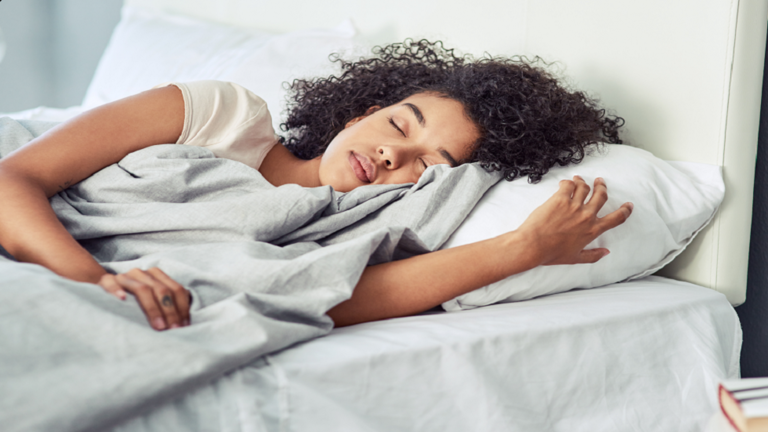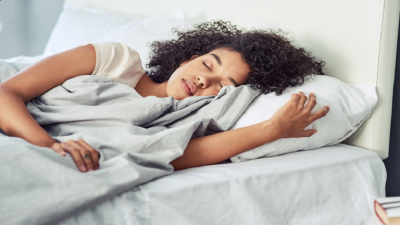Our lifestyle, work, age, and health can all affect the quality and quantity of our sleep, but one of the most powerful tools we can use for better rest is to follow a specific routine. Dr. Lola Tilyeva, a psychology expert, stated: "Maintaining good habits and committing to a specific routine around sleep can help us achieve a more restful night and allow the brain to rest during all its essential sleep stages." So, what can you do to achieve ideal sleep at night?
1. **Be Mindful of What You Eat and Drink**
Certain foods and drinks can have a significant impact on our sleep quality. Tilyeva explained: "Alcohol is the enemy of good sleep and should be completely avoided for ideal sleep at night. Caffeine, which we consume to stay awake, should be avoided before bedtime. In fact, caffeine has a half-life of three to five hours and will remain in your system much longer than most people realize. Therefore, it is recommended to avoid caffeine after 2 PM if you want to have restful sleep. We should also avoid eating late at night to allow full digestion before sleep and help prevent disturbances or waking up at night."
2. **Develop a Routine**
Tilyeva stated that going to bed and waking up at the same time every day helps instill a good sleep rhythm and provides our bodies with a routine to stabilize our internal clock. In this way, our brains can recognize the right time to sleep, clear the mind of stress, and fall asleep faster. Consequently, waking up at the same time each day will help you feel refreshed and ready for the day.
3. **Avoid Screens Before Sleep**
Dr. Tilyeva advised that all screens should be turned off about 60 to 90 minutes before bedtime. The blue light emitted from electronic devices interferes with your biological clock and daily rhythms that regulate sleep. Turning off phones, computers, and televisions before bed can lead to better sleep at night.
4. **Practice Relaxation Techniques**
Practicing deep breathing, meditation, and other relaxation techniques before sleep can help alleviate stress and relax the mind, preparing it for sleep.
5. **Sleep in a Cool Room**
Tilyeva suggested optimizing your bedroom: consider lighting, temperature, and noise, all of which can affect your sleep. The temperature in your bedroom should be between 18 and 22 degrees Celsius. Rooms warmer than this will interfere with your body's ability to achieve deeper and more consistent sleep.




